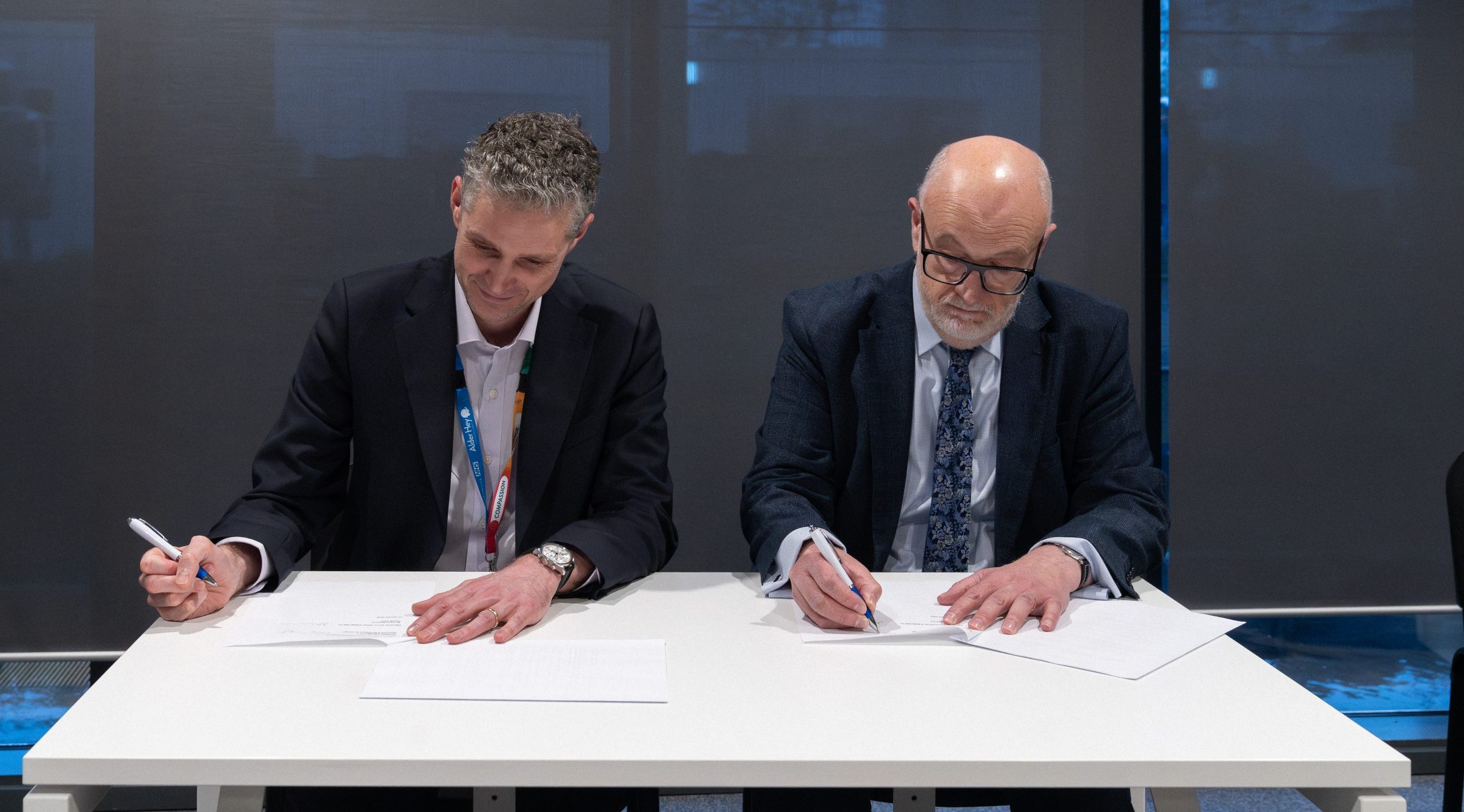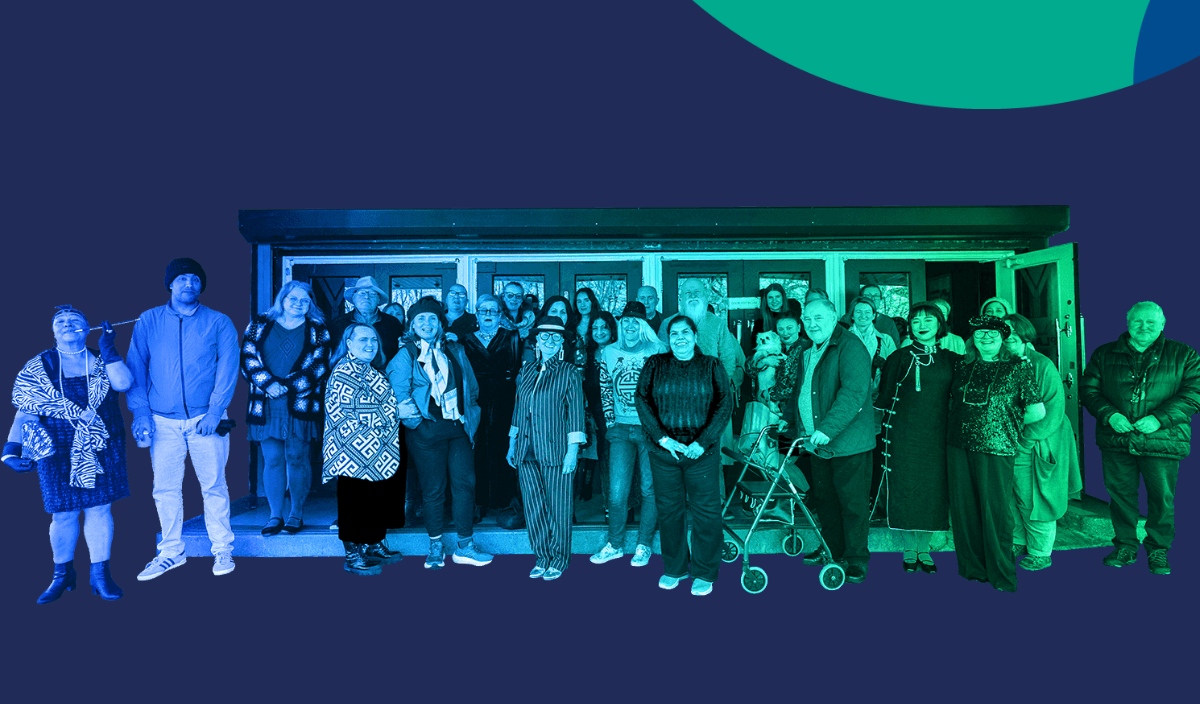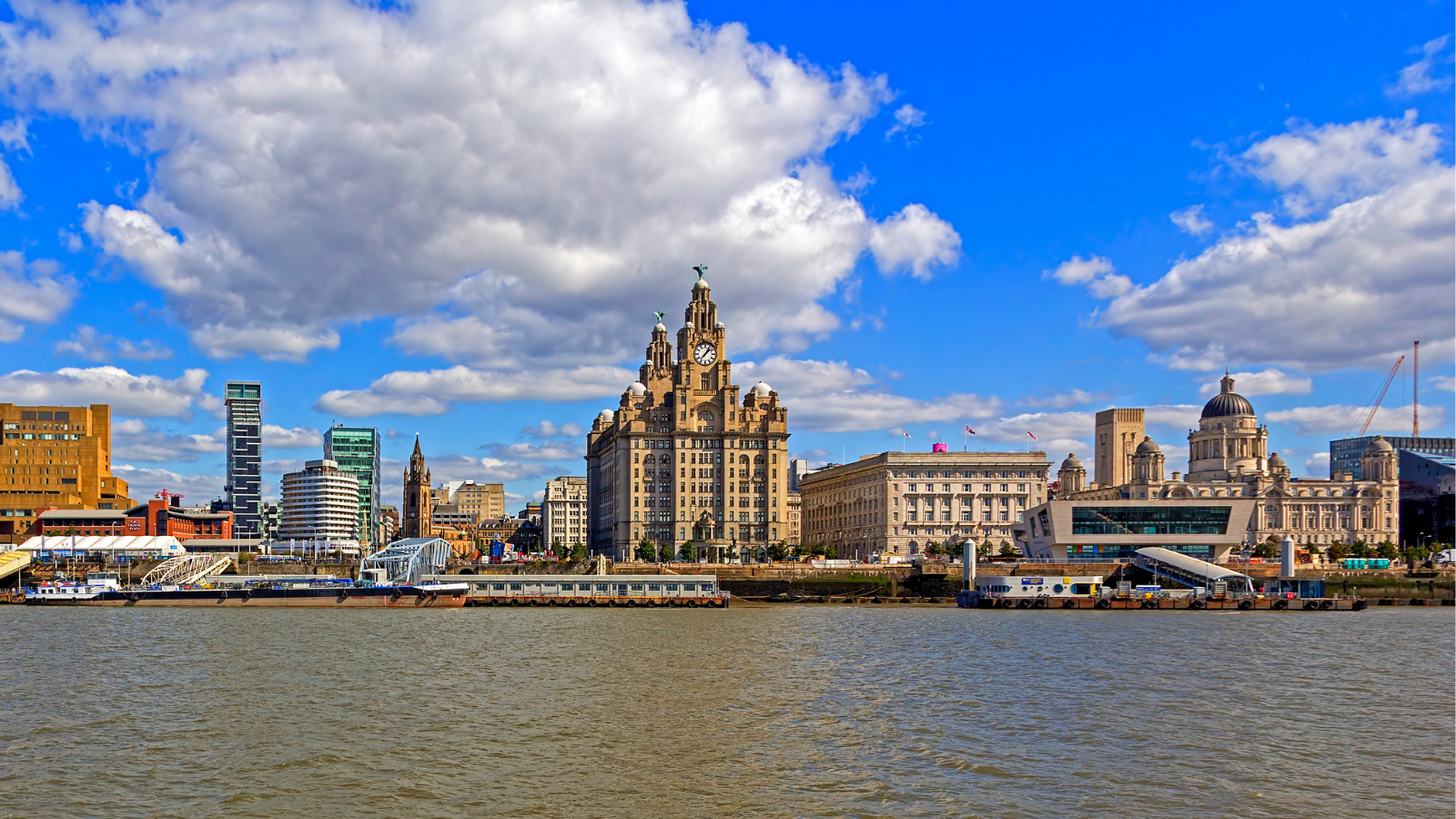The power of partnership is real – reflections on the last 12 months of successful collaboration
I am really proud of what we have achieved as a partnership of 12 organisations over this past year. The whole purpose of working in partnership is to achieve something that you can’t achieve alone – across Liverpool we are starting to see some real impacts. As Harry Truman said “it is amazing what you can achieve when you don’t worry about who gets the credit”.
The power of partnership and collaboration is real, it creates impact that matters. As we publish our End of Year Review 2021-22, I want to say a big thank you to all the partners who have worked together. It is not always easy, but it is always worth it. There are three things in particular I’d like to highlight as our major collective achievements this year:
1. Dramatically reducing our study set-up times
By working together, sharing resources, capability and effort we have reduced our research study set-up times by almost 90%. This matters because if studies are set-up quickly, our patients and communities have a better opportunity to decide to take part. By working collaboratively during the COVID pandemic, Liverpool was the sixth highest recruiter to COVID and vaccine studies – we have not achieved such a status in national league tables before.
2. Creating space for innovative thinking
The value of bringing people together to have good conversations about the art of the possible is really important, the space to do this is easily lost when operational pressures are so significant. Space for thinking about research and innovation is critical, otherwise we focus on the urgent and not the important. Never has there been a greater need to think anew and make a real difference to patients who are waiting with hope and expectation. In the last year we have launched our Grand Round Webinar series that attracted more than 200 participants. The topics included system wide discussion on innovation, research approaches in mental health and how we can support our local citizens to ‘live well’. COVID has taught us many things, including that research and innovation are no longer a ‘nice to do’. We have a webinar coming up in the next few weeks which is bringing together organisations that support research activity in the NHS. You can join here.
3. Redoubling efforts on reducing inequality
It is clear that the questions we ask through research, and the knowledge and learning that is developed, must address the health needs of our communities, especially the growing health gap for the most disadvantaged people. It is exciting to see major funders of health research focussing more on addressing health inequalities and multi-comorbidities, it is long overdue. We worked with academic colleagues from Liverpool John Moores, Edge Hill and the University of Liverpool to secure funding to explore the impact of the pandemic and associated lockdowns on children with special educational needs and disabilities. The findings of the study, ‘Ask Listen Act’, have been submitted to the All-Party Parliamentary Group for Special Educational Needs and were incorporated into the new Green paper.
With the relationships we have built locally, the improvements we have made to our local infrastructure, our coordinated understanding of our research ecosystem and the ‘can-do’ approach that our programmes have developed, the next three years is really exciting!
To achieve something extraordinary you have to work with others. Throughout my career in the NHS this has always held true: “Go fast, go alone. Go far, go together”.
Read our End of Year Review here.



